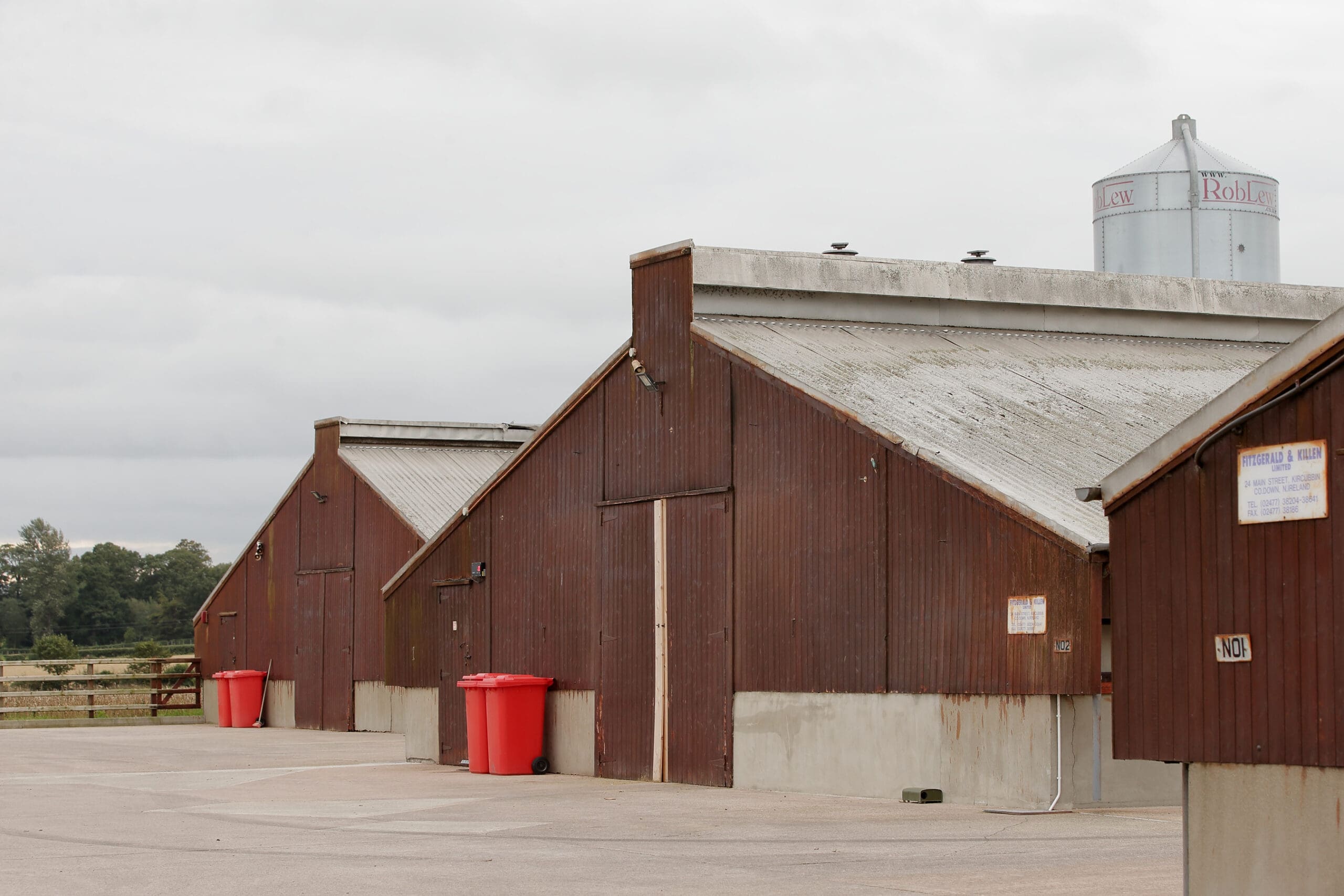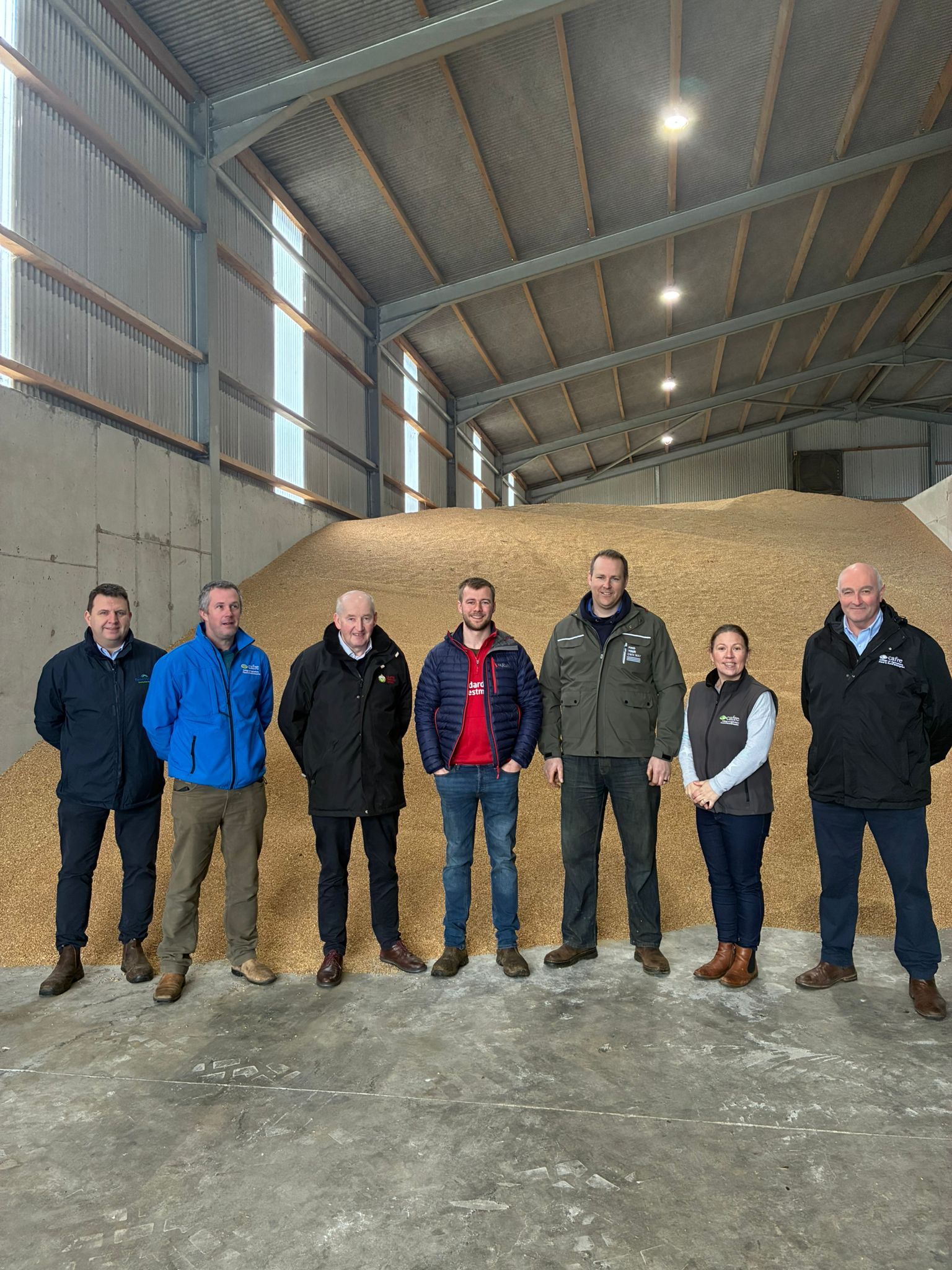
Picture: Cliff Donaldson
Commodity watch by Kayleigh Ashton-Meek
As we come to the end of the 2024/2025 avian influenza season, everybody in the industry is cautiously aware that the disease has failed to go away. With sporadic cases continuing to be detected across GB throughout August, and over 800 positive wild bird cases across the UK to date, early preparation for the new season is vital.
With three large commercial premises affected in NI this season and a loss of over two million birds across the UK, laying hen specific losses have reached an all time high. It is highly concerning that this is the situation which we find ourselves in as we re-enter the high-risk period in the coming months. Some industry experts have been predicting that the 2025/2026 season could continue to be challenging and whilst no one knows for sure what will happen this year, minimising the risk of disease spread is crucial for protecting the NI flock.
Biosecurity remains key at this early stage. Ensuring that cleansing and disinfection of yourself, visitors, vehicles and equipment is maintained to a high standard, following strict protocols for visitors and deliveries, and minimising incursions of wild birds into buildings or food stocks can all help to prevent against an AI outbreak.
RSPCA assured housing order updates
As part of the new RSPCA Assured standards for laying hens, from 1 October 2025 during a housing order all free-range hens must have access to natural daylight through pop-holes.
To ensure this standard is met, pop holes will need to be equipped with some form of cover which allows the pop holes to be open with daylight coming through, but no access to the range for the birds.
Some examples which have been provided by RSPCA Assured and the British Free Range Egg Producers Association (BFREPA) are wire mesh pop hole covers (maximum hole size of 25mm x 25mm) or perspex sheets. Producers do not need to have these on the farm immediately, however there needs to be a plan in place at the time of audit which shows what materials will be used, sizes and how the standard will be met if a housing order is announced.
UFU, alongside other industry bodies, have raised concerns to RSPCA Assured that this standard could cause unnecessary stress to the birds and also increase the risk of smothering, if birds think that they can access the range but cannot exit through the opening. Current guidance suggests that in order to reduce this risk, pop holes should be fully closed for the first two weeks of a housing order. This is suggested to manage the bird’s expectations of accessing the range.
After two weeks, the pop holes should be opened gradually (with the addition of the covers). This should acclimatise the birds to the daylight and lack of access to the range slowly.
As a result of these concerns, RSPCA Assured will be carrying out case studies to determine the best and most practical implementation of this standard and we are awaiting feedback from these studies.
This standard applies to all new flocks placed after 1 October 2025. If producers have a flock currently housed, then this standard is to be implemented at the next depopulation to reduce the impact on the birds.




